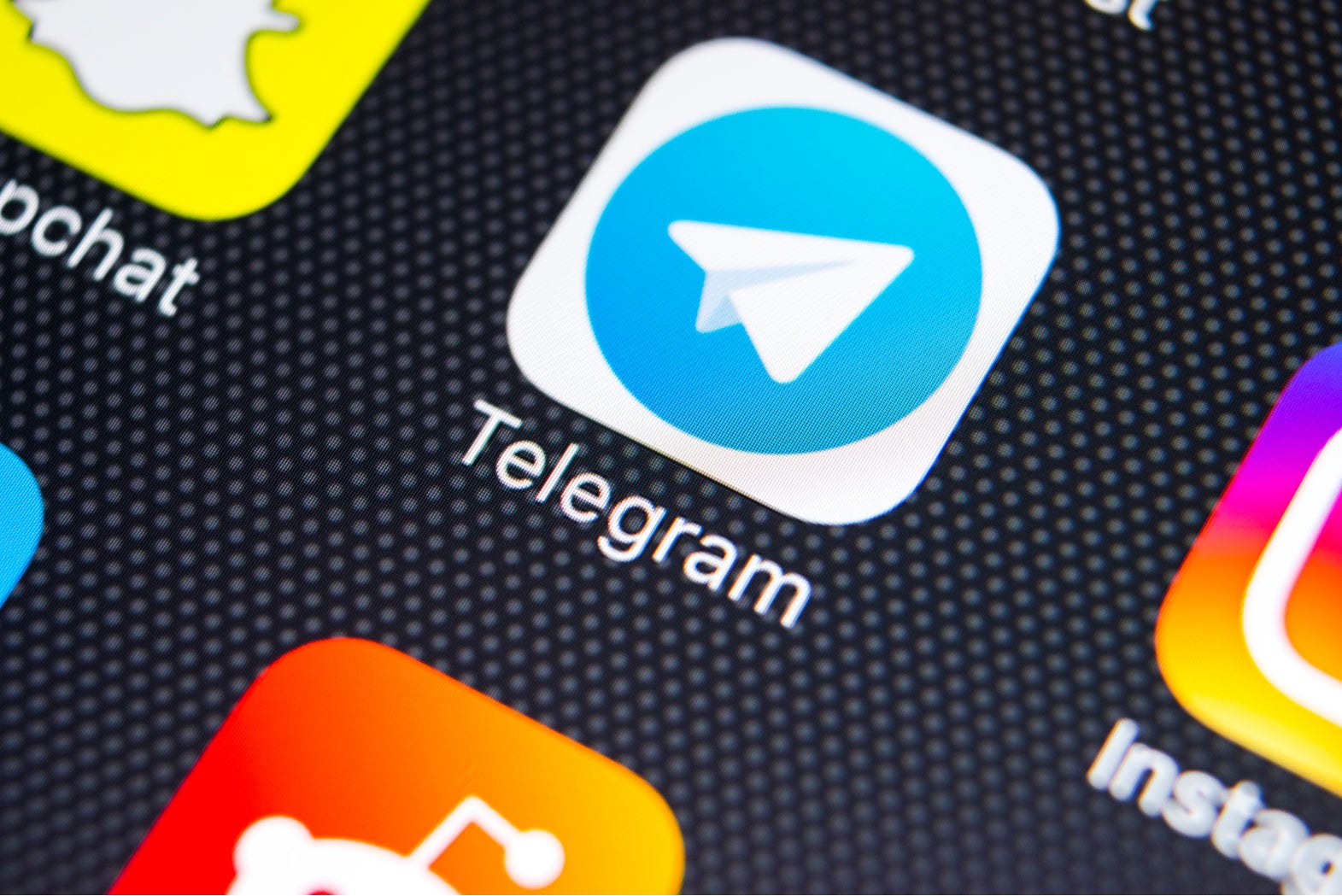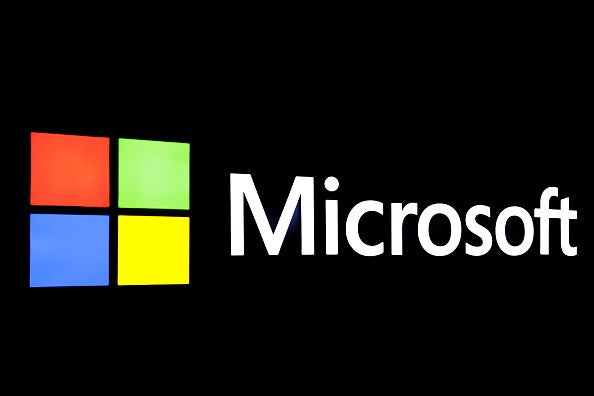
Encrypted messaging app Telegram has been hit by a “powerful DDoS attack”, which left many of its users unable to send or receive messages.
Website outage detection website DownDetector shows a spike in reports around 12pm BST, with reports mainly coming from the United States, Brazil and Argentina.
DDoS attacks involve flooding a server with more traffic than it can handle, which makes it inaccessible to legitimate users. These attacks usually involve the use of botnets – large networks of compromised devices infected with malware.
The Telegram app was previously hit by a DDoS attack that disrupted service in Asia, Oceania, Australia, and parts of India in 2015.
Telegram is a “victim of its own success”
Telegram, while still trailing the most popular messaging apps like WhatsApp and Facebook Messenger, has attracted a user base of more than 200 million monthly active users.
According to Jake Moore, cybersecurity specialist for ESET, Telegram’s success makes it a prime target for cybercriminals hoping to cause widespread disruption.
How well do you really know your competitors?
Access the most comprehensive Company Profiles on the market, powered by GlobalData. Save hours of research. Gain competitive edge.

Thank you!
Your download email will arrive shortly
Not ready to buy yet? Download a free sample
We are confident about the unique quality of our Company Profiles. However, we want you to make the most beneficial decision for your business, so we offer a free sample that you can download by submitting the below form
By GlobalData“They are still relatively small in scale yet offering huge services and used by millions,” Moore explained. “These are the types of companies targeted by cybercriminals as they create most havoc and create quite a stir.
“Private messaging apps have been much the focus over the last few months and as DDoS attacks cause quite a reaction, this makes it and other similar apps a target for attacks.”
A recent survey conducted by A10 Networks found that 85% of global communication service providers fear that there will be an increase or no reduction in the amount of DDoS attacks launched against them in the near future.
According to Moore, protecting against these largely unpredictable attacks can be costly, but given the ease of launching the ever-growing threat, it is becoming increasingly important for businesses to protect against DDoS attacks and minimise disruption.
User data is safe, but Telegram should be wary
The developers behind the app took the attack lightly, comparing it to “an army of lemmings” that have “jumped the queue at McDonald’s”. While services were disrupted for a number of hours, Telegram insisted that users’ data, or their “BigMac and coke”, is safe.
However, while Telegram users are unlikely to suffer any further issues as a result of the attack, Anjola Adeniyi, Technical Leader at Securonix, the issue might not be over for the app’s developers.
“DDoS attacks are usually launched to demand payment from the victim, revenge over a personal grievance, or can be politically motivated,” Adeniyi said. “Quite often DDoS attacks are used as a distraction from the attackers’ real intent like stealing personal and financial data.”
A previous study by cybersecurity company NeuStar found that nine out of 10 companies that experience a DDoS attack are also likely to suffer a significant data breach.
Read more: IoT regulation is key to halting increase in DDoS attacks







